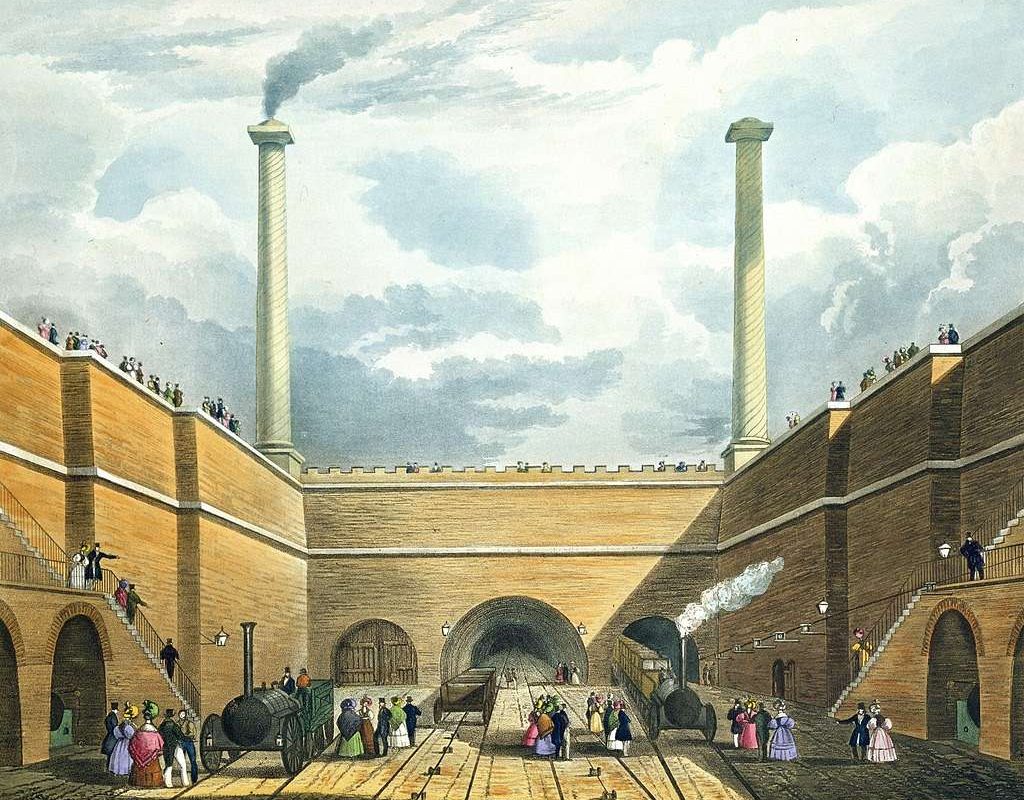Rebellious Daughters of History #27
by Judy Cox

Agitating for Reform: Ernestine Louise Rose (1810 – 1892)
Rose Potowska was born in Poland. Her father was a wealthy rabbi and she later recalled, “I was a rebel at the age of five”.
When she was 16, her father betrothed her to an older man. Rose rejected the match and appealed to a secular civil court which ruled in her favour.
Rose left home at the age of seventeen. She traveled to Berlin, where an anti-Semitic law required all non-Prussian Jews to have a Prussian sponsor. She invented perfumed paper for use as a room deodorizer, which she sold to fund her travels.
Rose traveled to Belgium, the Netherlands, France, and finally England. Her ship was shipwrecked and all her possessions lost.
In England, she met Robert Owen, a Utopian socialist, who invited her to become a public speaker. She helped him to found the Association of All Classes of All Nations, a group that campaigned for human rights. She also met William Ella Rose, an Owenite. They were married by a civil magistrate.
In May 1836 the Roses emigrated to the New York where Rose began to give lectures on the abolition of slavery, public education, and equality for women. When she was in the South, one slaveholder said he would have “tarred and feathered her if she had been a man.”
In 1855, a local newspaper in Maine called her “a female Atheist… a thousand times below a prostitute.” Rose had to flee From Charleston, West Virginia, after giving a lecture on the evils of slavery.
In the winter of 1836, Rose organised the first petition in support of women’s rights. She also attended and spoke at numerous conferences and conventions, becoming the ‘Queen of the Platform’.
Rose was elected president of the National Women’s Rights Convention in October, 1854, in spite of objections that she was an atheist.
In 1869, she successfully lobbied for legislation in New York that allowed married women to retain their own property and have equal guardianship of children.
In 1869, Rose made the closing address at the nationwide Women’s Rights Convention but her health took a downward turn, and she and her husband set sail for England.
After 1873, her health improved, and she began to advocate women’s suffrage in England, attending the Conference of the Woman’s Suffrage Movement in London and speaking in Edinburgh at a large public meeting in favor of woman’s suffrage.
She died in Brighton, England, in 1892.

Haitian Revolutionary: Sanité Bélair, (1781 – 1802)
Sanité was a female Haitian Freedom fighter and revolutionary, lieutenant in the army of Toussaint Louverture.
Sanité was born an affranchi, a free person of colour, in Verrettes, Haiti in 1791, the year that a revolt against French colonial rule broke out.
This revolt became the Haitian Revolution, a successful insurrection by self-liberated slaves. Ex-slave Toussaint Louverture emerged as Haiti’s most charismatic hero.
Sanité married Charles Bélair in 1796 When she was 15. Charles was a Brigade commander and later a General in the revolutionary army. Sanité became a sergeant and later a lieutenant.
The Belairs were pursued by Faustin Répussard’s column of the French army, and took refuge in the Artibonite department. Répussard launched a surprise attack and captured Sanité. Her husband surrendered so he could be with her. Both were sentenced to death, he to be executed by firing squad and she by decapitation. She watched Bélair’s execution and went to her own execution, refusing to wear a blindfold. She was 21.
The Haitian revolution ended in 1804 with the former colony’s independence. It was the only slave uprising that led to the founding of a state free from slavery, and ruled by non-whites and former captives. It is now widely seen as a defining moment in the history of the Atlantic World.
Sanité Bélair is remembered as one of the heroes of the Haitian Revolution. In 2004, she was the only woman featured on a banknote for the “Bicentennial of Haiti” Commemorative series



